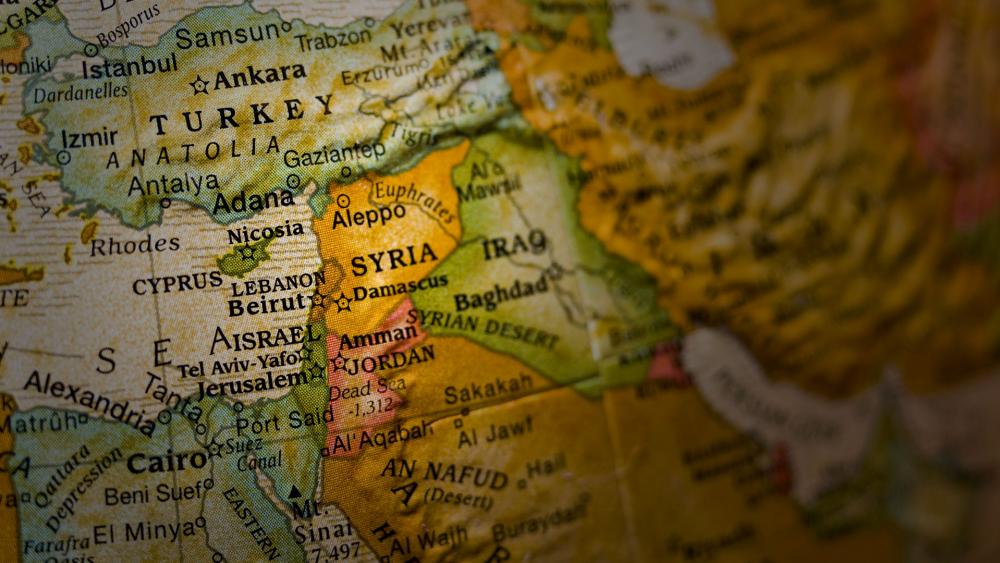
Important Takeaways:
- The Kremlin’s fury came hours after Macron, other EU leaders and Ukrainian President Volodymyr Zelensky met in Brussels for a landmark summit touted by participants as the start of a new era for European security.
- The discussions in the Belgian capital demonstrated Europe’s recognition that its security is no longer guaranteed as leaders agreed measures to free up hundreds of billions of euros for military spending by loosening the bloc’s budget restrictions.
- Following the summit, Macron told reporters he had been approached by several of his European counterparts who were interested in exploring the possibility of France sharing its nuclear deterrent.
- He also confirmed that Paris would host ‘exploratory’ talks with EU defense chiefs starting on Tuesday about the possible deployment of European forces in Ukraine once a peace deal is signed.
- The revelations, which came as French Mirage fighter jets were deployed by Ukraine’s air force for the first time to down Russian missiles and drones, led the Kremlin to deliver a venom-tongued retort to the French President.
- Macron does not act very diplomatically,’ Russia’s Foreign Minister Sergei Lavrov said at a press conference yesterday, echoing similar comments made by Vladimir Putin.
- ‘It was very strange to me to hear that Mr. Macron, in an aggressive manner, continuing the work of Napoleon, who wanted to conquer Russia.’
- Earlier this week, Lavrov had chastised Macron for floating the idea of sharing France’s nuclear weapons with other European nations.
- ‘Of course it is a threat against Russia. If he sees us as a threat… and says that it is necessary to use a nuclear weapon, is preparing to use a nuclear weapon against Russia, of course it is a threat,’ Lavrov declared.
Read the original article by clicking here.











